As a physician, Dr. Maria Montessori knew the importance of self-care. As a result, she thoughtfully structured several self-care activities for her students in classrooms and in homes as well.
To be more specific, her practical life lessons help children learn self-care. In her view, self-care activities drive children toward independence, providing a natural means of acquiring the ability to perform personal care tasks.
Self-care exercises in Montessori learning include:
- Food Preparation: Pouring a drink, cutting fruit.
- Dressing: Cleaning shoes, and putting on a coat.
- Personal Care: Washing hands, combing hair & more
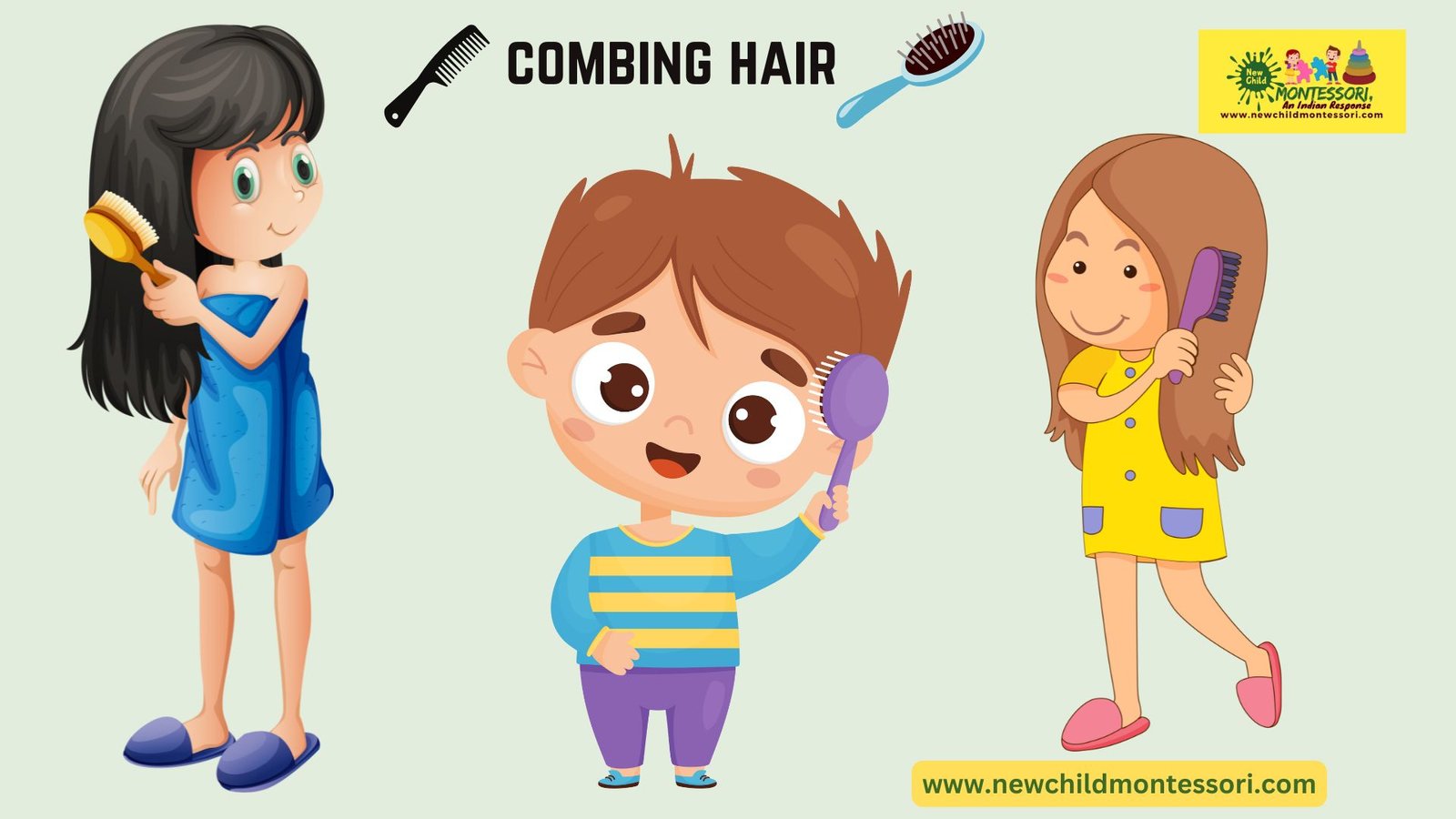
In my decade-long teaching career, I have taught every Montessori self-care activity to numerous students. After becoming the parent of two children, I felt, as if, I were experiencing personal a connection with the self-care activities.
Well-structured Montessori self-care activities cater to different levels of motor control.
Here’s how:
Self-Care Activities In Montessori:
It would be a great idea to share how I taught my children Montessori care of self activities in my Montessori-inspired home environment.
Food preparation:
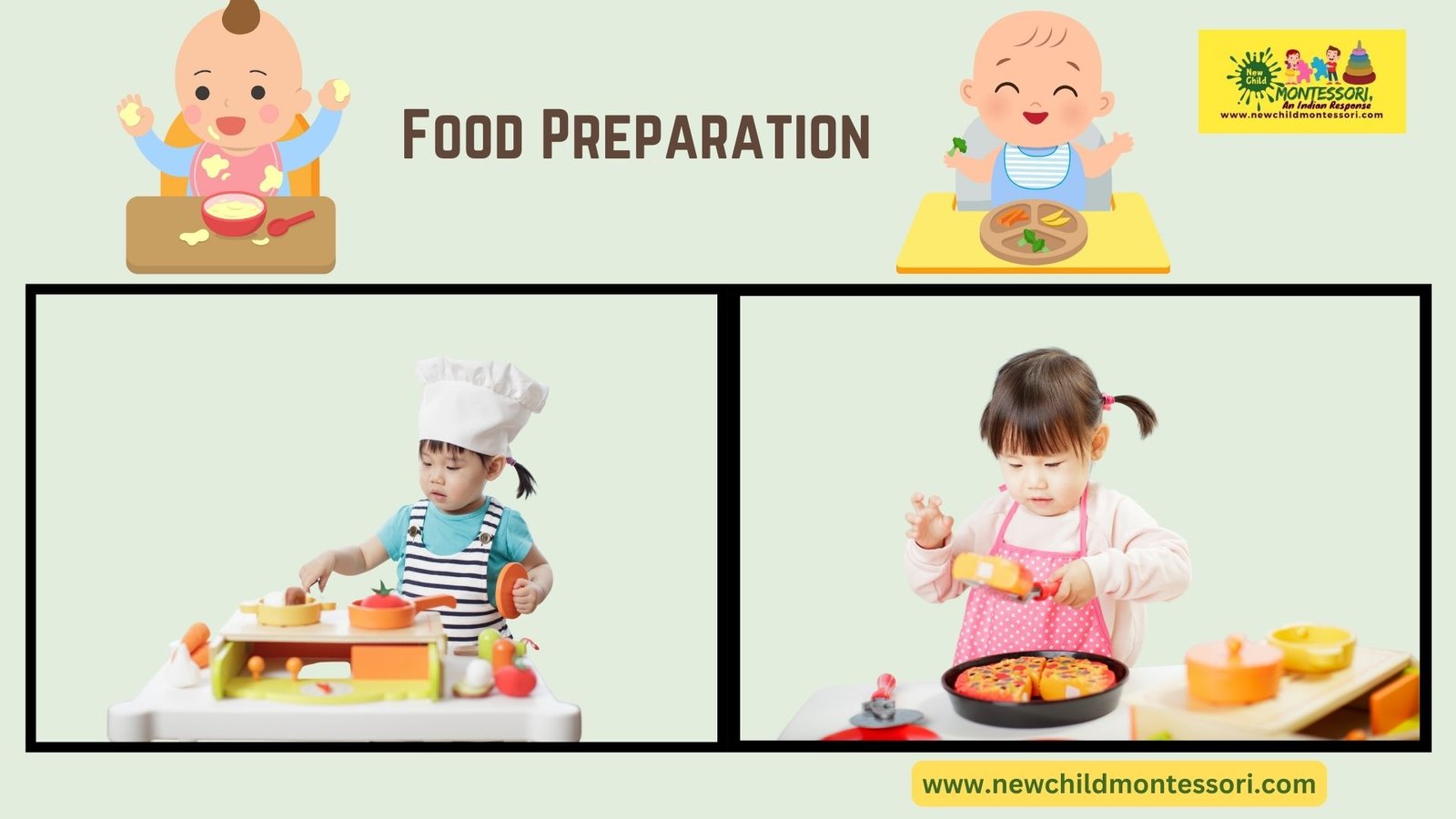
When my children were toddlers, I engaged them in different food preparation activities such as making dough. The process involved pre-measured ingredients and step-by-step guidance on mixing, kneading, and shaping.
I followed similar methods for making pizza, pasta, and festive treats like Christmas plum pudding.
Dressing:
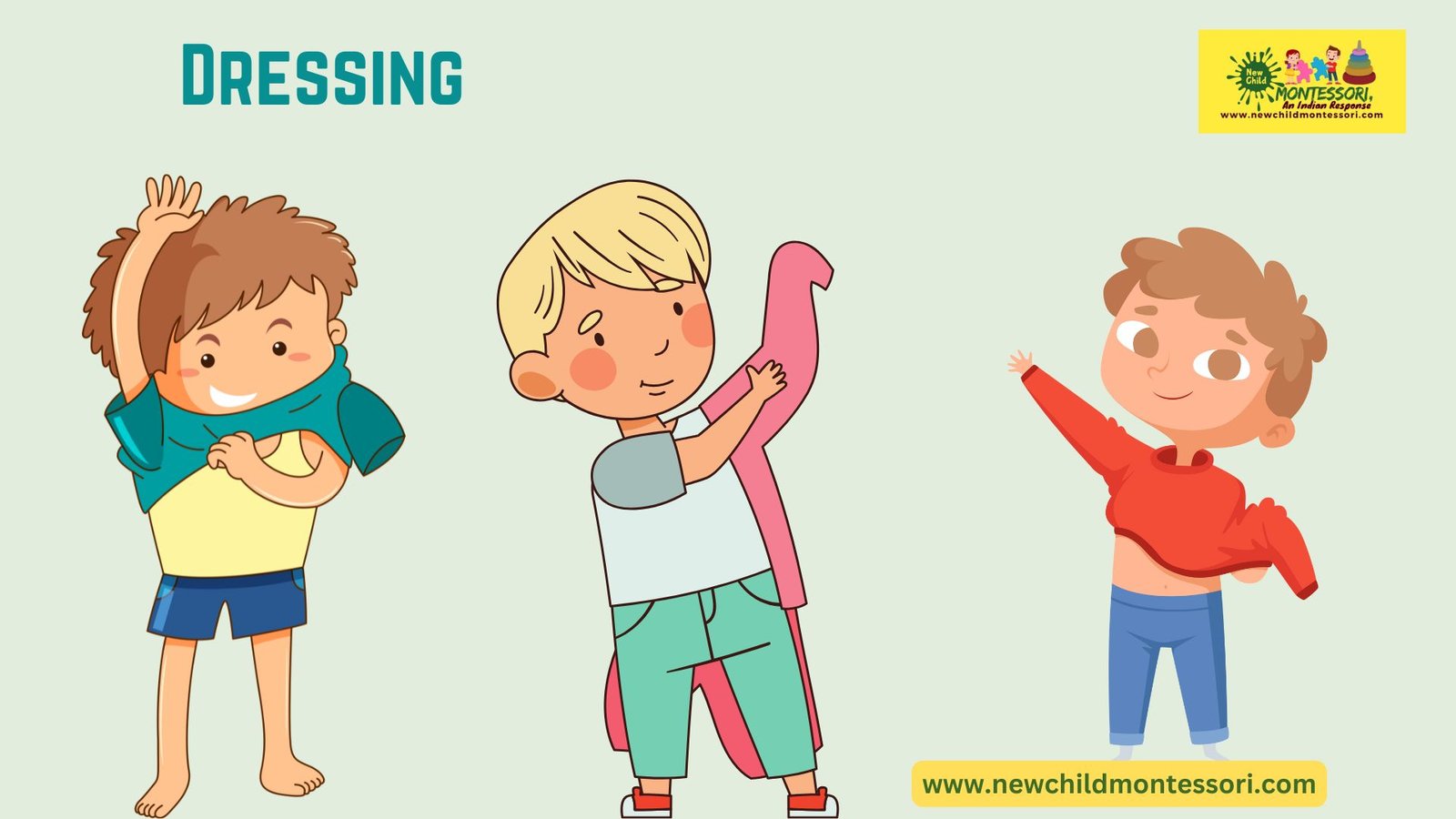
I bought a dressing frame to help my children learn various fastings-buttons, zippers, buckles, laces, and bows. Moreover, these frames enabled my children to practice dressing and undressing effortlessly.
To maximize my children’s success I carefully analyzed and refined each step to make the learning process clear and efficient.
Personal Care:
Washing Hands:
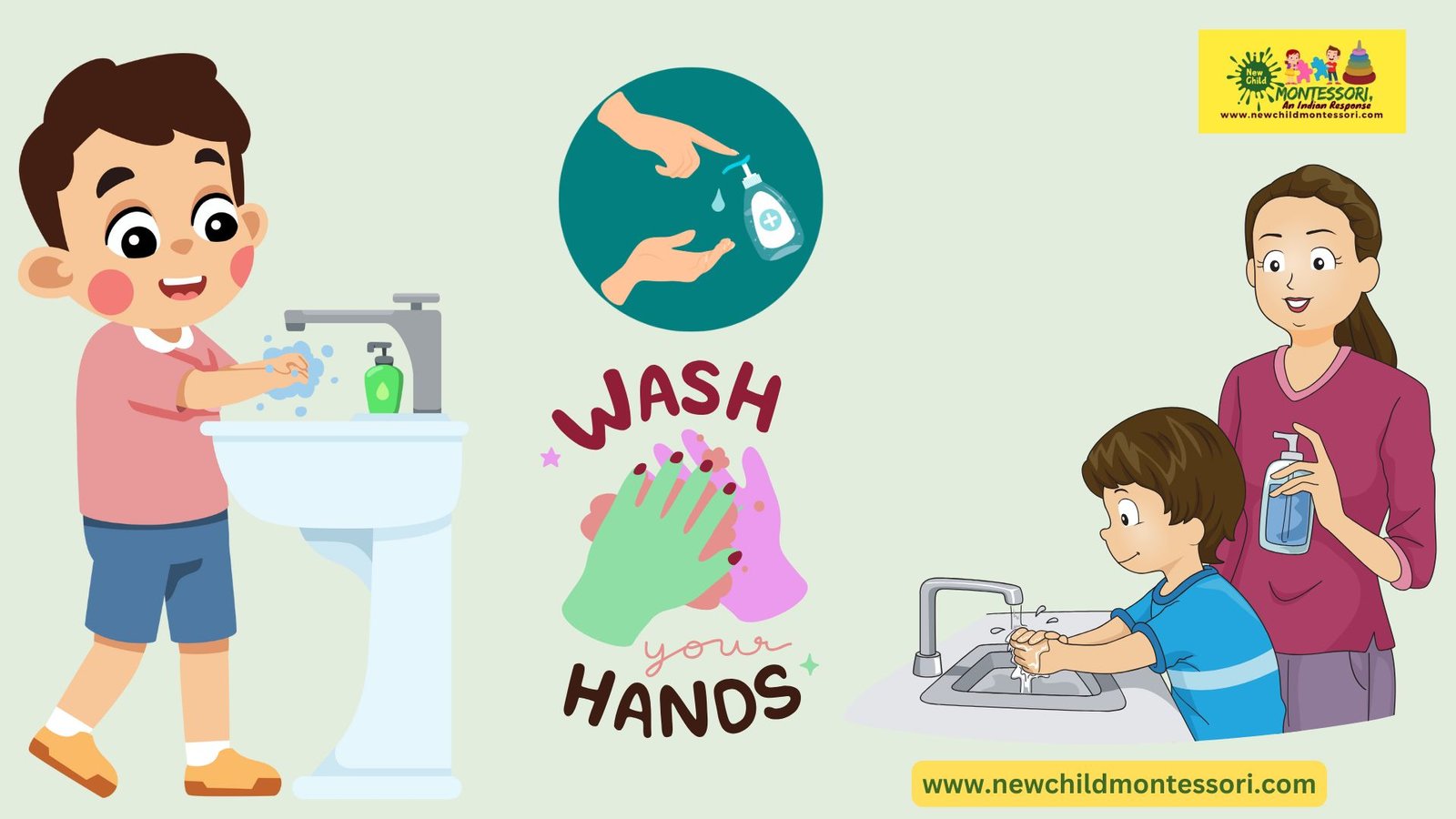
While Montessori activities like preparing food, pouring drinks, and dressing serve practical purposes, washing hands promotes independence and hygiene. In addition, hand washing is a meditative practice because it helps children refocus and regain balance.
I noticed that through these exercises, my children developed respect and care for themselves.
I provided a pump container at every sink of my home and reminded my children to immediately wash their hands upon returning from any trip. Additionally, I showed them how to use lukewarm water and soap.
Oral care:
No one can deny that oral hygiene is essential for young children. Hence, I taught my children how to clean their teeth using a small amount of toothpaste.
I followed these steps:
- I demonstrated to them the proper way of brushing.
- I encouraged them to brush daily in the morning and before bedtime.
- Although I allowed my children to practice brushing independently, I supervised them thoroughly to develop in them a lifelong healthy habit.
Fingernails:
Fingernails are responsible for spreading various diseases. Hence, fingernails need to be trimmed from time to time. I did not provide any sharp object for my toddlers to cut nails but I did it myself for them with a nail cutter machine.
Blowing Noise:
Children are vulnerable to catching a cold quickly. Hence, they often feel irritation in their noses. To counter this, I taught them how to properly blow their noses.
I showed them how to blow their noses into a tissue and dispose of it properly.
Coughing:
Like catching a cold, frequent coughing is natural in children because their immune systems are still developing.
As a result, they become susceptible to illnesses such as coughing or the common cold.
To prevent a normal cough, I ensured my children’s hydration, encouraged them to wash their hands regularly, and taught them proper coughing etiquette.
However, whenever I saw that the cough was accompanied by colored mucus and fever, I sought immediate medical help.
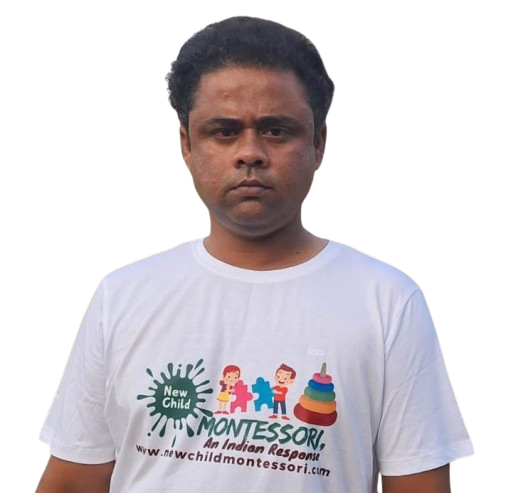
Sumanta De is an educator. He has been teaching students for more than 16 years following the principles of Dr.Maria Montessori. He has a 7-year-old son and a 5-year-old daughter.
He is nurturing his children abiding by the principles of Dr.Maria Montessori. His passion for Montessori methods goes beyond the classroom.
Hence, he shares his experiences and insights through a dedicated Montessori blog and a YouTube channel under the name “NewChild Montessori”. He aims to offer valuable guidance to both parents and educators.
Education: M.A. English, Masters in Child Psychology & Bachelor’s Degree in Montessori Teachers Training
Thank you a lot for giving everyone a very splendid possiblity to read from this site. It can be very superb plus jam-packed with a great time for me personally and my office fellow workers to visit your site the equivalent of 3 times a week to see the newest items you will have. And definitely, we’re actually amazed concerning the powerful things you give. Some 2 points in this article are undeniably the most effective we have had.